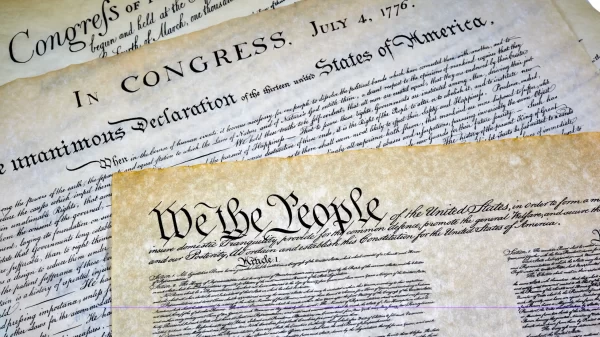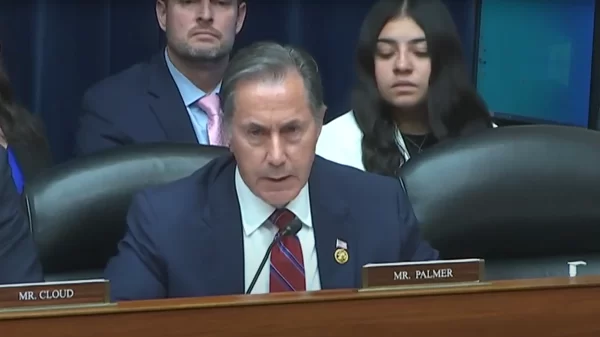|
Getting your Trinity Audio player ready...
|
On the final day of the legislative session, both chambers of the Alabama Legislature unanimously voted to require the state ethics commission to provide exculpatory evidence discovered to accused ethics violators.
Senate bill 103 would require the commission to provide a respondent with “any statement, evidence, or information” acquired by the commission, including any from the complainant. Though the rules of criminal procedure govern the discovery process in current law, the commission operates under similar secrecy requirements as grand juries.
“It became clear that the ethics commission did not have to provide exculpatory evidence to somebody that was being investigated, charged, or brought forward to them,” bill author Sen. Arthur Orr, R-Decatur, said.
The state ethics commission investigates, reports, and issues opinions regarding alleged violations of ethics and campaign rules by public officials. They hear cases, but prosecution is referred to the attorney general or appropriate district attorney.
Concerns arose in both chambers that the act would reveal complainants’ identities to respondents. The joint committee that worked out the final text of the act chose to clarify whistleblower protection rather than keep complainant anonymity.
“The changes were to add in language to protect the ethics commission for turning over exculpatory evidence that might later have been be deemed to have been privileged information,” Rep. Cynthia Almond, R-Tuscaloosa said. “We agreed to add or to beef up the whistleblower language in the ethics commission statues now that we are revealing the plaintiff’s name at all stages except outright dismissal.”
Retaliation and discrimination would be prohibited against witnesses and employees who are believed to have filed an ethics complaint regardless of whether they are the complainant. The act also makes complainants subject to civil action if their complaint was not filed in good faith that it was true. Under current law, complainants must be identifiable, but the commission may not reveal their identity.






















































